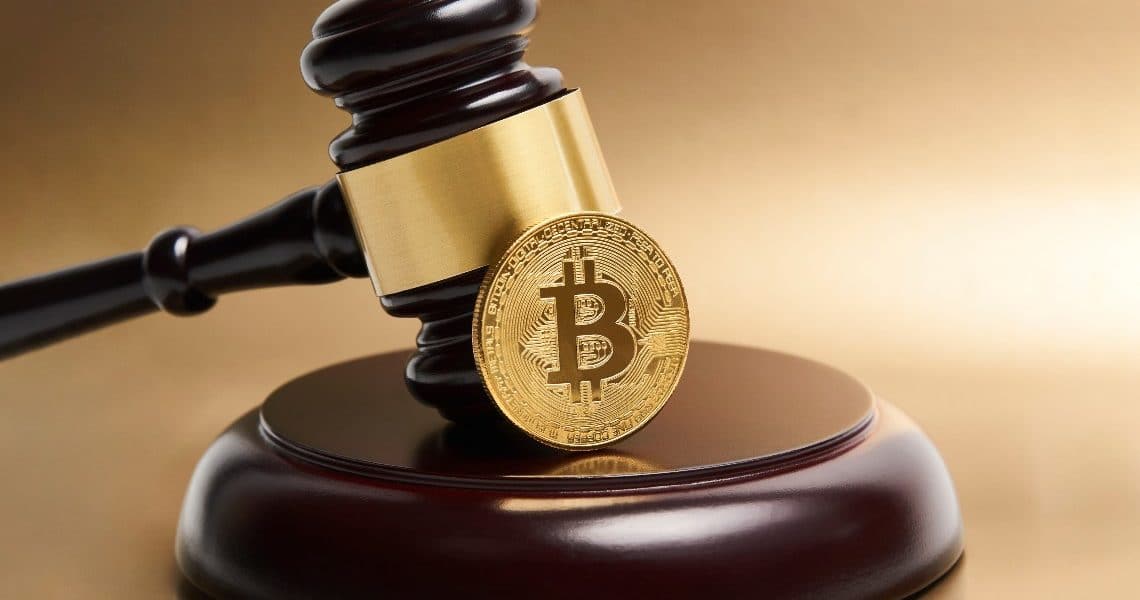SEC Commissioners Push for Clearer Crypto Rules Ahead of Trump Administration
17.01.2025 13:00 1 min. read Alexander Zdravkov
Hester Peirce and Mark Uyeda, Republican members of the Securities and Exchange Commission (SEC), are reportedly evaluating ongoing enforcement actions against cryptocurrency firms.
They are exploring steps to establish clearer guidelines on when cryptocurrencies are classified as securities, anticipating changes under the incoming Trump administration.
According to sources cited by Reuters, Peirce and Uyeda may begin this regulatory process even before Donald Trump’s SEC chair nominee, Paul Atkins, is officially confirmed. Both commissioners have prior experience working under Atkins, which is expected to facilitate a smooth collaboration as they discuss potential shifts in crypto policy.
Additionally, there are reports that the SEC might pause certain litigation cases, particularly those unrelated to fraud allegations. This potential freeze has garnered attention from industry figures, including crypto entrepreneur Justin Sun, who posted a cryptic “👀” on X, seemingly reacting to the news.
Sun, currently embroiled in an SEC lawsuit, recently acquired a significant stake in Trump-endorsed crypto project World Liberty Financial, where he was subsequently named an advisor. As part of his new role, Sun plans to attend events related to Liberland, the self-proclaimed microstate where he serves as prime minister, during Trump’s inauguration week.
-
1
U.S. State of Connecticut Blocks Crypto from Public Sector Operations
12.06.2025 16:00 1 min. read -
2
Vietnam Charts a Clear Course for Digital Assets With New 2026 Law
16.06.2025 18:00 1 min. read -
3
Federal Reserve Clears Path for Banks to Enter Crypto Market
24.06.2025 8:00 2 min. read -
4
GENIUS Act Clears Senate, Setting Stage for First U.S. Crypto Law
18.06.2025 12:00 1 min. read -
5
Coinbase and Set Gemini to Expand in EU Under MiCA Rules
17.06.2025 13:00 2 min. read
Europe’s Largest Euro-Denominated Spot Crypto Exchange Secures License Under MiCA
Bitvavo, Europe’s largest euro-denominated spot crypto exchange, has officially received a MiCA license from the Dutch Authority for the Financial Markets (AFM), allowing the firm to operate across all 27 European Union member states.
U.S. Crypto Investors Hit by IRS Letter Surge as Tax Crackdown Looms
In just two months, crypto tax platform CoinLedger observed a staggering 700% surge in the number of U.S. users receiving IRS warning letters, signaling a sharp escalation in federal tax enforcement targeting digital asset holders.
Ripple Drops Cross-Appeal, Moves to End SEC Case “Once and for All”
Ripple CEO Brad Garlinghouse announced Friday that the company is officially dropping its cross-appeal in its long-running legal battle with the U.S. Securities and Exchange Commission (SEC), signaling a final move toward ending the years-long case.
Gemini Launches Tokenized MicroStrategy Stock for EU Users
Cryptocurrency exchange Gemini has announced the launch of tokenized MicroStrategy (MSTR) stock for customers in the European Union, enabling onchain access to one of the most prominent Bitcoin-related equities.
-
1
U.S. State of Connecticut Blocks Crypto from Public Sector Operations
12.06.2025 16:00 1 min. read -
2
Vietnam Charts a Clear Course for Digital Assets With New 2026 Law
16.06.2025 18:00 1 min. read -
3
Federal Reserve Clears Path for Banks to Enter Crypto Market
24.06.2025 8:00 2 min. read -
4
GENIUS Act Clears Senate, Setting Stage for First U.S. Crypto Law
18.06.2025 12:00 1 min. read -
5
Coinbase and Set Gemini to Expand in EU Under MiCA Rules
17.06.2025 13:00 2 min. read


